
New trends in PR encourage online collaboration. Embracing new platforms can help therapists build professional presence and grow their private practice.
I recently attended an amazing conference in Park City, Utah called "Evo '12" The Evolution of Women in Social Media Conference. What's a shrink doing at a social media conference? In addition to being a therapist, I am a self-professed social media junkie and tech geek. So there.
A conference highlight was a workshop called "The Evolution of PR: A Culture of Collaboration, Connection and Community" taught by PR guru Sarah Evans and search technology innovator Jennifer Gosse. Both presenters work with a new social collaboration platform called Tracky (which you'll be hearing more about in an upcoming posts as I get more familiar with it). There was so much good technology and PR information that I couldn't take it all in or write it all down. I didn't want to miss anything so, I turned to social collaboration.
What is social collaboration?
At this point you may be asking "what is social collaboration?" Social collaboration involves processes that allow people to interact, work together, problem solve and exchange information online.
How can social collaboration help private practitioners?
In short, online social collaboration is a way to raise the visibility of your practice by producing more content through compiling and curating information. It's a way to engage your online social media followers, and also a method of gathering and sharing information with other like-minded professionals. Another use for therapists is in collaborating on notes from conferences and workshops as you'll see later on in this post.
An example of social collaboration: Storify
Storify is an easy to use online platform that allows anyone to tell a story through curating online articles, links, photos, and social media posts.
After attending the PR workshop my head was buzzing with new tips and tools. Why not try out social collaboration to document and share the stuff buzzing in my head? I logged in to Storify. In about 15 minutes I had curated my favorite tweets, posts, photos, tips, tricks, and notes from many social media platforms posted by workshop participants and published a story on Storify.
I've embedded the story below so you can get a feel for what a rich experience social collaboration can be. Also, in addition to noticing the collaborative format of Storify, check out the content and the creators I've included. Notice that throughout this story I'm also sharing the names and profiles of many who attended the workshop - social collaboration also means free PR.
[View the story "Evolution of PR: Building A Collaborative Culture " on Storify]
How cool is that? Did you also notice that every element within the Storify article is easily sharable on social media? And you can post a comment right in the story. Try it out. That's the fun of social collaboration - synergy of ideas and energy. I love it.
Here are some possible ways you can use Storify in your practice:
- Create stories relating to new research in your specialty areas
- Curate current news topics that relate to your practice areas
- Collect favorite quotes
- Compile links for interviews you've participated in
- Embed Storify articles in blog posts on your practice site
The possibilities for shareable content creation are endless through social collaboration.
Later this week we'll do a social collaboration exercise together. You in? Be thinking about your favorite mobile apps for your practice so you can jump in and share your thoughts!
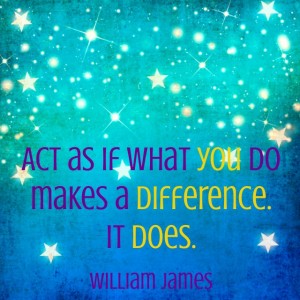

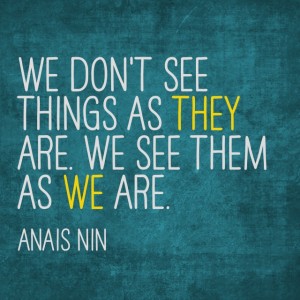
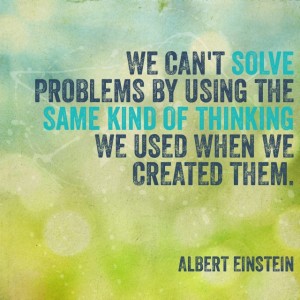
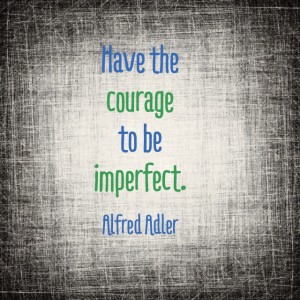

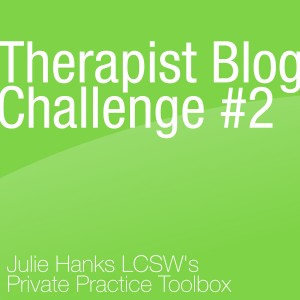



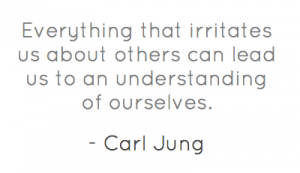
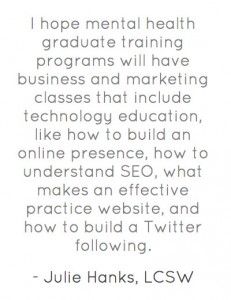
As healers, we genuinely like to do our work. Guiding clients through the therapy process and seeing them make progress is why we do what we do. But if you're in private practice, you know there's a lot going on in the back end and that it's crucial to run an efficient and organized business.